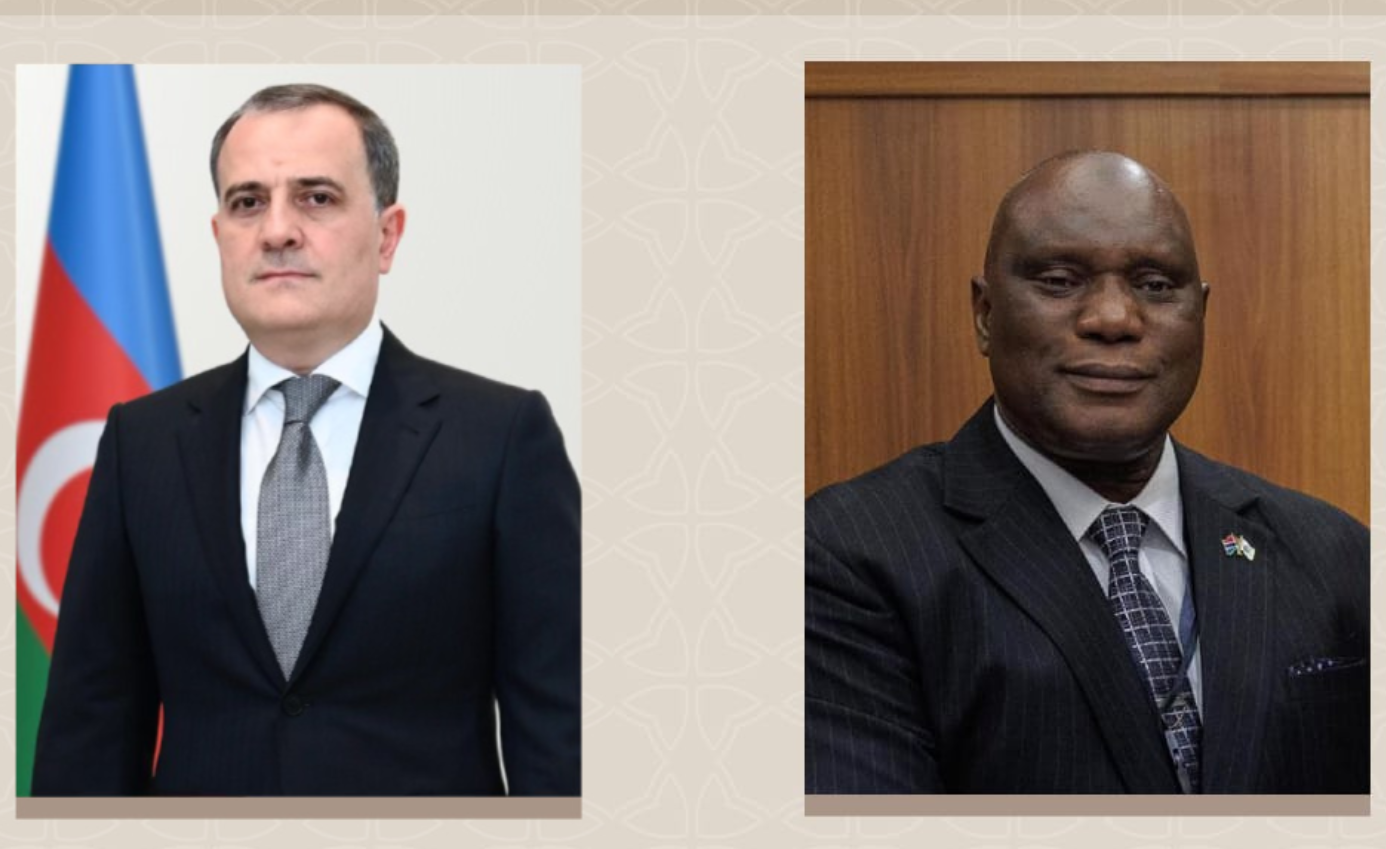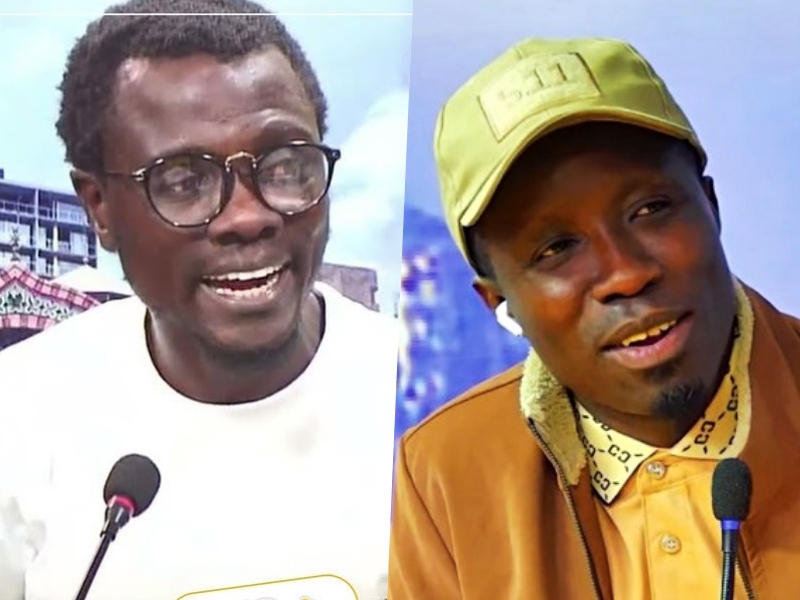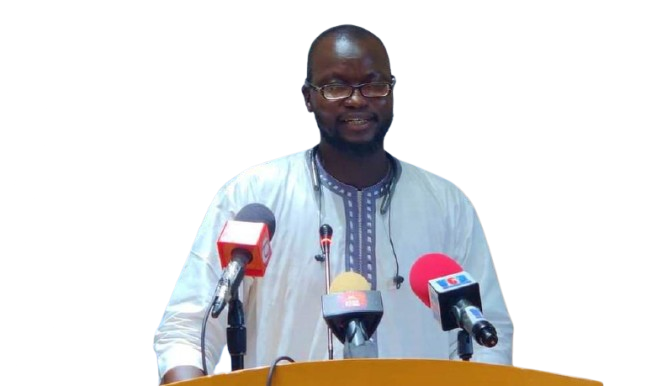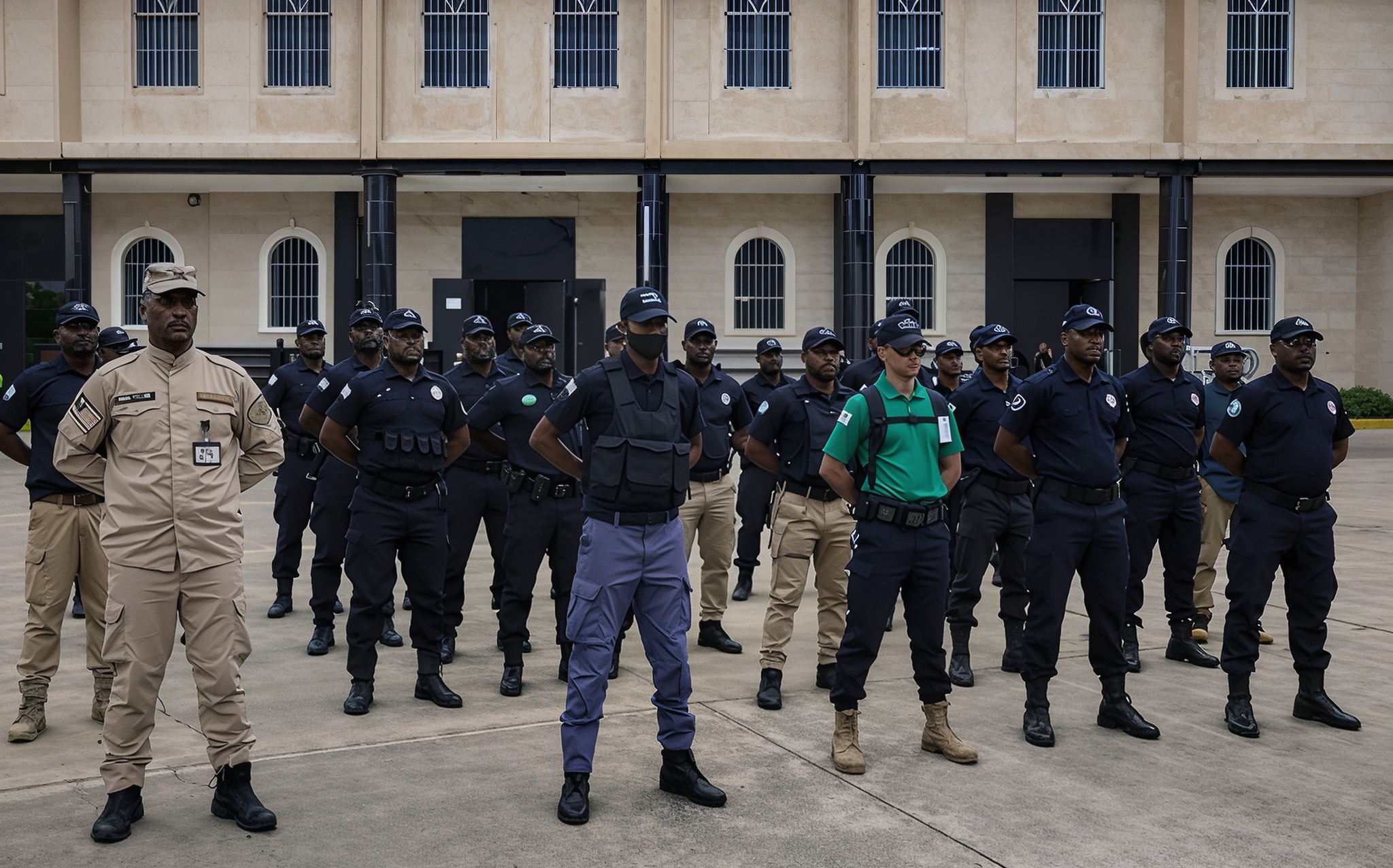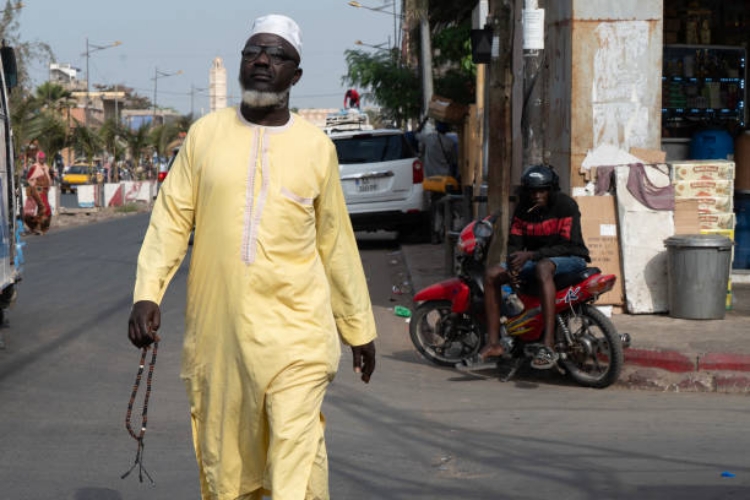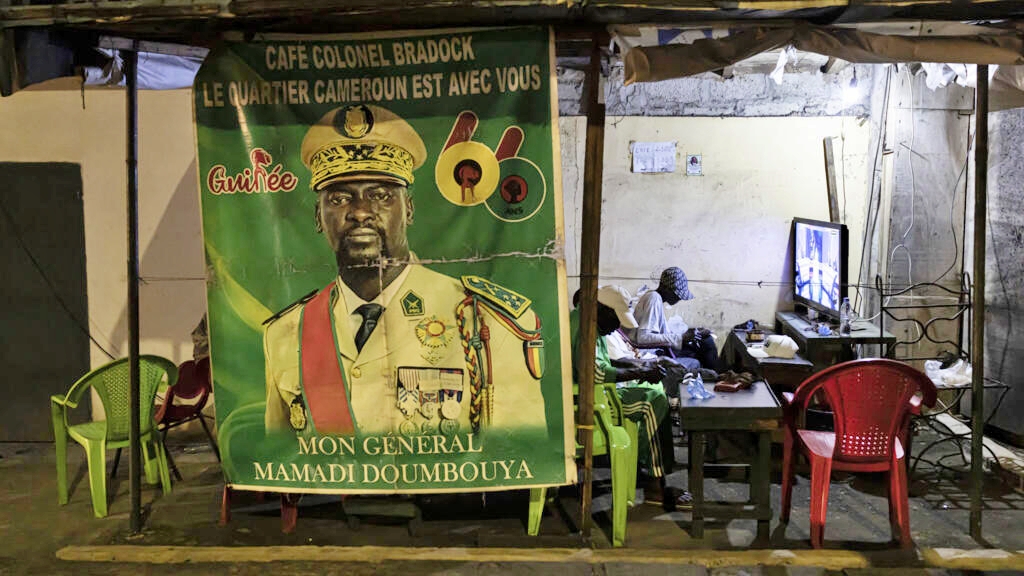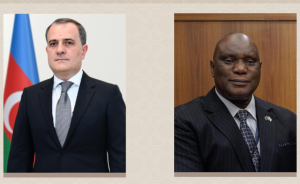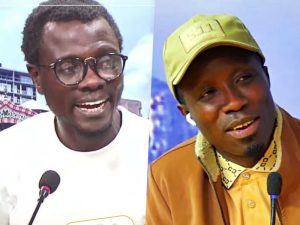Gambiaj.com – (CONAKRY, Guinea) – Less than two months before Guinea’s presidential election, General Mamadi Doumbouya has officially entered the race, formalizing what had long ceased to be a mystery. His November 3 submission of candidacy papers to the Supreme Court transforms a military promise into political irony, one that reveals much about the evolving character of Guinea’s transition and the broader patterns of civilian-military power on the continent.
From Transitional Rhetoric to Political Reality
When Doumbouya toppled Alpha Condé in September 2021, he cast himself as a corrective force, the soldier who would restore dignity to a weary nation. In a 2021 interview with RFI, he pledged solemnly that neither he nor any member of his junta would run for office, declaring that “as soldiers, we hold our word dearly.”
That declaration, once seen as a moral anchor for Guinea’s transition, has now given way to realpolitik.
Doumbouya’s candidacy exposes a familiar paradox of African transitions: soldiers who enter politics to end civilian excesses often end up becoming politicians themselves, crafting legal and institutional frameworks that secure their own continuity.
A Legal Architecture Tailored to Power
The 2025 election laws appear meticulously designed to accommodate the general’s ambitions. Political analyst Kabiné Fofana describes the framework as “tailor-made for the head of the junta.” Indeed, the new constitution adopted in September, along with a revised electoral code that no longer bars active military officers from contesting, effectively clears the legal path for Doumbouya’s run.
Even reforms branded as “democratic advances” serve to entrench power. The authorization of independent candidacies, though hailed as progress, comes with prohibitive barriers: a deposit of 900 million Guinean francs (around €90,000) and endorsements from 30% of mayors across 70% of communes.
But these mayors no longer exist in the democratic sense; they’ve been replaced by “presidents of special delegations,” bureaucrats handpicked by the government, and therefore unlikely to endorse anyone but the incumbent.
The Exclusion of the Opposition
Guinea’s leading opposition figures, Cellou Dalein Diallo, Sidya Touré, and Alpha Condé, are all excluded, either for exceeding the 80-year age limit or because they live in exile. Their parties, the UFDG and the RPG, remain suspended, depriving voters of genuine political alternatives.
This controlled political landscape offers the illusion of competition without the substance of choice. It creates an election whose outcome seems predetermined, reinforcing what critics call the “civilianization” of military rule, a process where uniforms are replaced by suits, but the command structure remains intact.
A Climate of Fear and Silence
The narrowing of Guinea’s civic space further underscores the imbalance. Protests are banned, and independent media face censorship and intimidation. “The climate is one of fear and self-censorship,” says Sékou Jamal Pendessa, Secretary-General of the Guinean Press Professionals Union.
The continued disappearance of journalist Habib Marouane Camara and civil society activists Billo Bah and Foninké Menguè, allegedly abducted by security forces, signals a troubling consolidation of coercive power. In such a context, the electoral process risks becoming a ritual of legitimacy rather than an exercise in popular sovereignty.
The West’s Quiet Endorsement
Western powers, notably France, have responded with muted pragmatism. Doumbouya’s government, while authoritarian at home, has maintained cooperative ties abroad, particularly in counterterrorism and resource management.
This has earned him a degree of “benevolent tolerance” from international partners wary of instability in the region.
For some, this mirrors a broader regional trend: the normalization of military-led regimes through elections that satisfy procedural requirements but fail the democratic test.
Doumbouya’s candidacy crystallizes the paradox of Guinea’s transition, a process that began with promises of rupture but now culminates in continuity. The general’s move from barracks to ballot box reveals less about democratic progress and more about the art of political adaptation.
In the absence of credible opposition, free expression, or institutional independence, the December 28 election risks serving as a coronation rather than a contest.
The general’s transformation from transitional leader to presidential contender thus marks not a return to civilian rule, but its reinvention under military guardianship.



